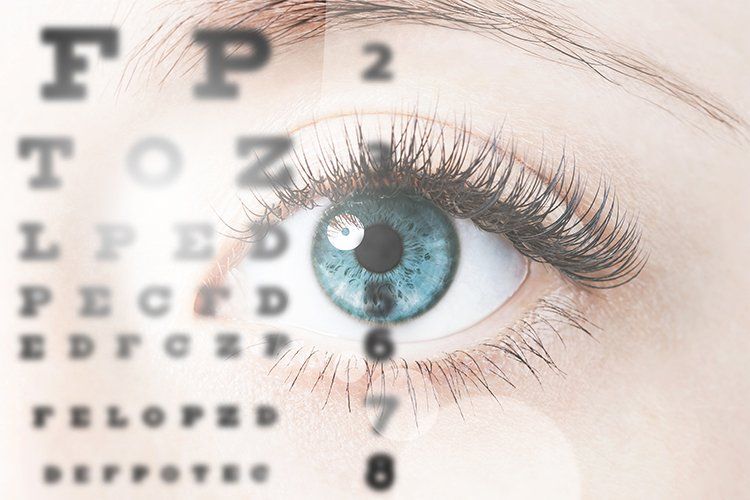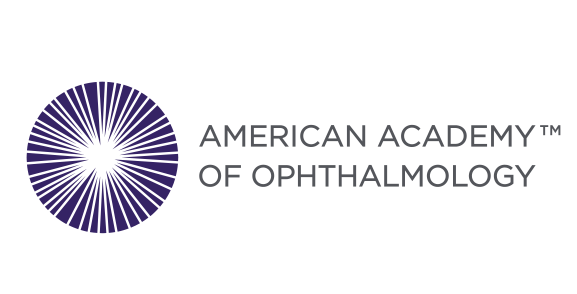Why Annual Eye Exams Are Important Even If Your Vision Seems Clear
- By
- •
- 11 Jan, 2018
- •
If your eyesight seems fine, you may not think you need to visit the eye doctor. However, regular eye exams are still important for the detection of eye-related diseases and vision loss. Here are four more specific reasons to make appointments for annual eye exams — even if you have not noticed anything amiss with your eyes or vision.

Mild Vision Loss Is Not Always Noticeable
Many cases of vision loss are progressive, meaning that you lose your vision slowly over time. You may think your vision is perfectly clear when really it has been declining very slowly, causing you to be unaware of the shift. Vision loss can have many possible causes, from normal, age-related changes to more serious problems like cataracts and glaucoma. If you wait until your vision loss is noticeable, the problems causing it may be harder to treat.
Even if your vision loss does end up being due to normal, age-related changed, it's important to correct it with glasses or contacts. Failing to do so may lead to headaches, an increased risk of accidents, and eye strain.
Glaucoma Is Symptom-less Early On
One of the most important components of an annual eye exam is the test that measures your intraocular pressure. High intraocular pressure is a primary indication of glaucoma, a condition in which your optic nerve suffers progressive damage, leading to tunnel vision and increasingly blurry vision over time. Glaucoma does not cause any noticeable symptoms early on; your eye doctor can detect it before your vision starts declining.
Early detection of glaucoma allows your eye doctor to prescribe medications that keep the condition from getting worse. If you wait until noticeable symptoms appear to start taking these medications, you'll never recover the vision you have already lost, and you may end up with a serious visual impairment that limits your ability to work, drive, and enjoy social activities.
Your Eye Doctor Checks For Ocular Melanoma
Ocular melanoma is a condition in which the pigmented tissues at the back of your eye develop a cancerous growth. If caught early on, the condition can be surgically treated, and you may be able to retain your eye. Wait too long for treatment, however, and you will almost certainly lose your eye. Not to mention that cancer can spread elsewhere in your body, leading to a life-threatening situation.
Screening for ocular melanoma and other cancers is an important part of your annual eye exam. These cancers do not always cause symptoms immediately, so it's important that your eye doctor checks for them regularly.
Regular Eye Exams Give You Eye Doctor a Baseline For Comparison
If you do start developing symptoms such as declining vision, eye pain, or dry eyes in the future, your eye doctor will need to conduct a series of tests to see what ailments might be at fault. He or she will be better able to interpret the results of these tests if you've had them conducted before, when healthy, to supply a baseline measurement.
For example, normal eye pressure ranges from 12 to 22 mmHg. If you have your eye pressure measured for years and it is always around 12 mmHg, and then you see your eye doctor for blurry vision, and your eye pressure has gone up to 22 mmHg, your eye doctor knows to be suspicious of these results. Without a baseline measurement, your eye doctor may just assume your eye pressure always runs a little high, making a diagnosis more difficult.
Even if your vision seems fine and you are not experiencing any eye pain, make sure you see your eye doctor for an annual checkup. Contact Robert S Haymond, MD if you're looking for a new eye doctor in the Calaveras County area. You can even request an appointment online.




